View cart “Janeu” has been added to your cart.
Hot
Previous product
Back to products
Gulal Powder
₹30.00 – ₹55.00
Next product
Om Thali in Copper
₹500.00
Vibhooti Powder
₹60.00
Description
- The sacred ash made of burnt dried wood in vedic rituals. In Sanskrit, bhoothi means Aishwaryam, meaning wealth, treasure, precious. Vi-bhoothi means very or more valuable.
- A person who smears Vibhuthi purifies himself from sins and also removes the sins of persons who looks at him besmeared with Vibhuthi or theeruneru. Vibhuti is the sacred ash used in religious worship.
- The main ingredient of Vibuthi is a special kind of wood. It is burned in a sacred fire (Homa) to form white ash.
- It serves as a reminder to the believer to cast away selfish and worldly desires that wrap the self in maya, and calls to mind the story of how Shiva burned Kama (the god of desire) to ashes when Kama attempted to break Shiva’s focus on the divine truth.
- Normally, worn along with red tilaka. Vibhuti relates to Shiva and red tilaka to Shakti. Reminds that Shiva and Shakti form the universe and everything is though the union of Shiva and Shakti.
Quantity
- 100 gms
Categories: Daily Pooja Ingrediants, Pooja Ingrediants
Related products
Ghee
₹320.00
Description
- Ghee holds its position of purity in nearly all the Hindu pooja rituals.
- In Hindu mythology, Prajapati/Brahma, created Ghee by rubbing or "churning" his hands together and then poured it into fire to engender his progeny.
- So, whenever the rituals are performed, the pouring of Ghee into fire symbolises a re - enactment of creation.
Quantity
- 200 gms
Brass Kalash
₹700.00
Description
- This lovely Kalash can be utilized karwa chauth and any event like wedding , commitment ,diwali , raksha bandhan or in any ceremonies, puja Brass Kalash keeps up an exceptionally propitious job as it is a piece of each religious customs.
- This is made of Brass material which makes it durable.
- Kalash is an important accompaniment in pooja rituals, weddings and important festive occasions.
- The water in Kalash is also used during abhishekam.
- Made in heavy shining brass.
Specifications
- Material - Brass
- Pack of - 1
- Size - (W x H) 8 x 9 cm
- Weight - 146 g
Turmeric Powder (Haldi)
₹30.00 – ₹55.00
Description
- Turmeric is considered highly auspicious in India and has been used extensively in various Indian ceremonies for millennia.
- Even today it is used in every part of India during wedding ceremonies and religious ceremonies
- Turmeric has played an important role in both Buddhist and Hindu spiritualism. The robes of the Buddhist monks were traditionally colored with a yellow dye made of turmeric.
- It is used in pooja to make a form of Lord Ganesha.
- Ganesha, the remover of obstacles, is invoked at the beginning of almost any ceremony and a form of Ganesha for this purpose is made by mixing turmeric with water and forming it into a cone-like shape.
- It is offered to Gods during pooja.
Quantity
- 50 gms , 100 gms
Clove, Cardamom, Betelnut
₹95.00 – ₹210.00
Description
- Pack of cloves (long), cardamom (elaichi) and betelnut (supari) for use in daily pooja and rituals.
Used
- Clove in pooja rituals for fulfillments of desires and success in work (karya siddhi).
- Cardamom has a special aroma, which is pleasant and is used to attract and invoke deity energies.
- The betel nut is an integral part of the daily or ritualistic Pooja.
- It is also popularly used in the age old- custom of Indian eating.
- The supari is symbolic of the nut of the ego that must be offered on the altar of God.
- It represents the hard, coarse qualities that must be surrendered to God, leaving only the soft, pure qualities.
Quantity
- Clove, Cardamom, Betelnut - set of 5 , or 11 each
Janeu
₹40.00
Description
- The Janeu provides three strands, which symbolizes Hinduism's sacred trinity- Lord Brahma, Lord Vishnu & Lord Shiva.
- It is also synonymous with the three Vedas -Rig Veda, Sama Veda & Yajur Veda.
- In addition, they symbolize the three qualities - satogun - purity & goodness, Rajogun -love of delicate pleasure & Tamogun – inferior qualities. 20 pcs Gatta The size of janeu is full.
Quantity
- Set of - 2
Kumkum Powder
₹30.00 – ₹55.00
Description
- Kumkum is applied to the forehead.
- The reason for this particular location has to do with the ancient Hindu belief that"the human body is divided into seven vortices of energy,called chakras,beginning at the base of the spine and ending at the top of the head.
- The sixth chakra, also known as the third eye,is centered in the forehead directly between the eyebrows and is believed to be the channel through which humankind opens spiritually to the Divine".
- Thus,the kumkum is placed at the location of the body which is the most holy.
Uses
- Kumkum powder is widely used for worshiping the Hindu goddesses,especially Shakti and Lakshmi.
- Saivites- Followers of Siva usually apply three white horizontal lines with a dot of kumkum at the center.
- Vaisnavas- Followers of Vishnu make use of "white clay to apply two vertical lines joined at the base and intersected by a bright red streak." Many times the white clay is applied in a U-shape.
- Swaminarayana- Followers of the Swaminarayana apply kumkum at the center of the forehead and in between a U-shaped tilaka.The tilaka is normally yellow and made from sandalwood.
- When a girl or a married woman visits a house,it is a sign of respect (in case of an elderly lady) or blessings (in case of a young girl) to offer kumkum to them when they leave.
- When visiting a temple or during a pooja,apply a dot on your forehead.
- In most of India, everyday, married women apply red kumkum in front of their parting on their forehead as a symbol of marriage
Quantity
- 50 gms , 100 gms
Havan Samagri
₹140.00
Description
- The Havan Samagri is a sacred offering in the yagna and each item of the samagri is significant.
- The havan samagri is offered in the fire during yagnas and homas, after completion of every mantra chant.
- Havan Samagri (a mixture of various dried herbal , roots and leaves) is offered in the ablazed fire which disseminates in micro form, in the air, to purify the environment besides activating the air as disinfectant germicidal agent.
- It is anti-bacterial and is made from high grade raw materials. It is 100% natural Havan Samagri.
Contents
- Made from ayurvedic havan exotic herbs, Black til, Jo, 32 types of dhoop, Bhimseni kapoor, rose petals, sandalwood powder, lobaan, ghee, chandan
Quantity
- 100 gms
Kala Urad / Black gram
₹55.00


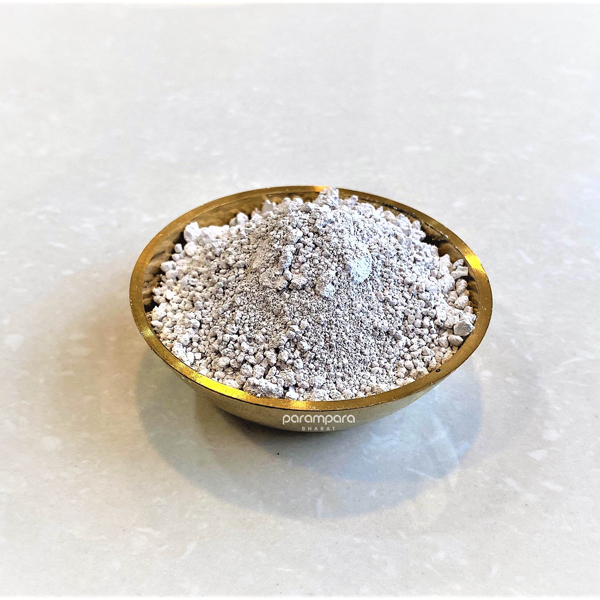

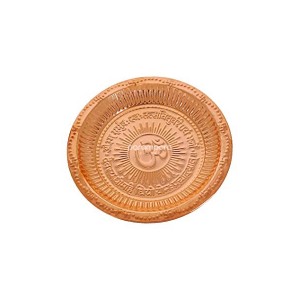
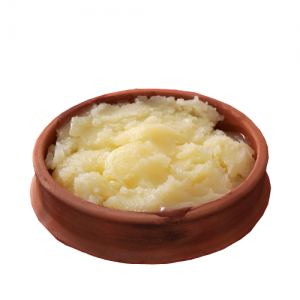
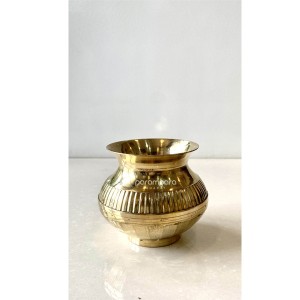
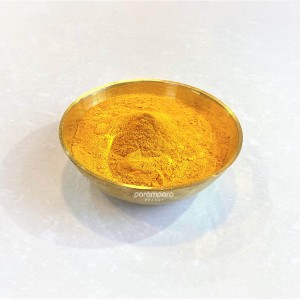
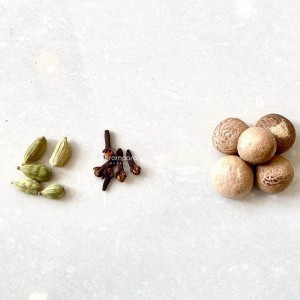
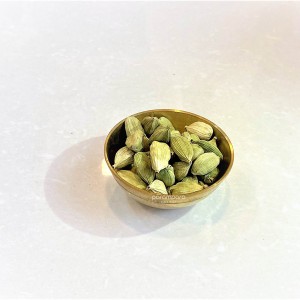
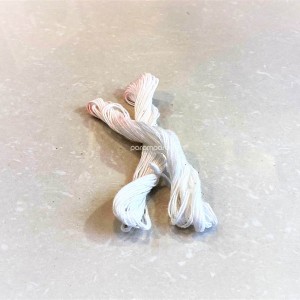
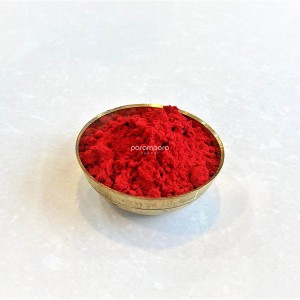




Reviews
There are no reviews yet.